“Hey, stay away from him. Do you want to turn depressed too?”
“What are you thinking, pondering about seeing a therapist? Might as well, just go ahead and admit yourself to a mental asylum. Why don’t ya?!”
“Here comes the depressed girl. Loser! Pathetic! Attention seeker! Psycho!.”“Hey, why is mental health such a stigmatized topic?”
“Why is mental health such a taboo?”
“Why is mental health a shady topic?”
Have you ever had any of those types of conversations? Are you among the ones who belittle and make fun of mentally ill people? Or perhaps you are the curious type, asking questions. Or maybe the blind spectator, the Gandhiji’s monkeys – don’t hear, don’t listen, and don’t speak. I am a curious person, and the type to ask questions. The type to seek plausible answers to these questions and solutions to problems. But, before diving deep into the topic, let us first discuss on what mental health means.
What is Mental Health ?
The term mental health over the years has been defined and explained numerous times. What I believe to be an accurate definition of mental health is that – Mental health is a calm, serene and functional state of mind without any psychological and physical distress, while performing normal tasks and activities considered normal for that individual.
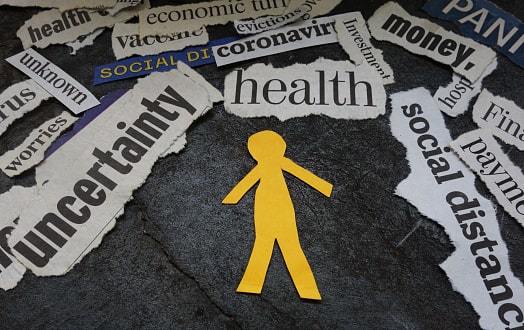
Why is mental health important?
So, now that we have established what mental health means, let us discuss why is it important to talk about mental health. As per WHO, the term health is defined as – a state of complete physical, social and mental well being and not merely absence of disease or infirmary. Yes, that is right, mental health is one of the three pillars of health. And talk of mental health is important for middle and low-income countries like India. Why?
Well here is to why. It is estimated that one in every five-seven people in India from the age group of 15-30 had experienced or are experiencing some form of stress or anxiety disorder. About 20% of adolescents and young adults from our nation are struggling with depression. It was affirmed by the NDTV India, that in the year 2019, on an average, daily 381 suicide cases were reported in our country.
Even then, Why is it that mental health is not talked about?
Why are people choosing to die and condone in dark solitude alone, rather than to talk about it? Why is it the term mental health is associated with such shame and negative stigma?
There might be quite a few good reasons to those questions, but the predominant, one is the FEAR. Fear is the prime reason which stops us from doing anything.
A person suffering from any sort of mental illness, might even for a split-second consider seeking professional help, but the fear of talking to a stranger, the fear of being judged, the fear of being labelled ‘abnormal’, the fear of being frowned upon, the fear of ruining one’s reputation, the fear of destroying one’s legacy, the fear of being an outcast, the fear of being isolated, the fear of going to a mental asylum and just so many fears. These fears wrap themselves around the person as a vile and not so much as letting them breathe.
How to improve Mental Health?
What is it that we can do to prevent these fears? To overcome them? To speak freely about our mental health? To create awareness regarding mental health? To reduce the negative stigma associated with it? To overall improve our mental health? The answer is not modest, but rather arduous. It includes a set of events, some of which includes,
- Normalize Mental Illness:
The first step on formulating awareness on mental health is by normalizing it. We have to normalize the fact that sometimes life is just too hard and we might seek outside help and support. We got to normalize going to counsellors or a psychologist or a psychiatrist or therapists. We have to normalize accepting needing help. We don’t belittle someone with heart complications or lung disease, then why with mental illness? - Regular Therapy Sessions:
Like the way people go to doctors for regular physical checkups, the same way regular checkups with a mental health professional are also required. Any person might need support, be it, someone, starting something afresh or someone grieving a loss, be it someone with episodic panic attacks or someone with severe PTSD, someone with depression or someone with multiple personality disorder. Regular check-ups are going to benefit all by diagnosing the condition in its acute stage and thereby limiting its path, and promising a good prognosis. No disease builds up overnight, the same is with mental illness. - Education:
Awareness on any topic is based on how educated the society is on the said subject. It is the foremost important aspect of any awareness program. We have to educate our society, our children, teenagers, young adults, adults, everyone on what mental health is. We have to teach them that it is okay to talk about their stress, to show emotions, to accept fears, to communicate their thoughts, to care for themselves, to love and cherish yourself and to never be scared to seek out help whenever and wherever necessary. The community should be taught to be respectful and supportive of each other, to not call people names, not to bully them, to empathise and care for them. This can be achieved by conducting campaigns, organizing dramas, advertising the need and importance of mental health, teaching mental health in school, making it part of normal checkups, etc. Teaching starts from self, thus educating yourself first and then people around you. - Relaxing and Exercising the Mind:
As it is said in our Indian Literature and Ayurveda – the power of the mind is the greatest source of power, second only to that of the power of the Supreme Will. For centuries various practices were carried out by our ancestors to exercise their minds, the most common one being Meditation. Meditation not only soothes the mind but also helps us to declutter, to arrange our thoughts, to be self-aware, to rejuvenate! Other practices such as listening to a soft melody, partaking in some form of art, reading a book, stargazing, and various others can be used as great relaxing techniques too. These practices not only make us self aware but also bring positivity to our life, something essential for mental and physical well being. - Understand Red Flags:
By this, I am not asking you to memorize every clinically diagnosed mental health condition there is, but rather to have a general idea about the concept. For instance, if we have trouble breathing, we without a doubt point fingers towards the lungs. In the same way, if someone is finding it hard to function either due to anxiety or stress, then it is their mind. But for mind, those symptoms show relatively physical as compared to psychological. For instance, the classic signs of a panic attack include dilated pupils, unfocused eyes, non-alert person, heaviness in the cest, gasping for air, breathlessness and overall loss of voluntary muscle movement. The signal are all physical, but the trigger to these are predominantly emotional.
If you know someone who is going through something similar or some other thing you suspect to be related to mind, calmly and carefully suggest they seek professional help. Remember, the individual might lash at you and declare he/she has no such need, that they are not mental. In such a scenario, you can suggest to them in a firm yet soft tone that, -“I don’t think you have any serious problems with your health. I’m only concerned for you and just want to be sure. Besides, what’s the harm in one visit?”. Also, as Linda Poindexeter has famously quoted – “One small crack does not mean that you are broken. It means that you were put to the test and didn’t fall apart.”
Mental health and Mind Power
If you want to achieve anything in your life you need to train your mind.
Our mind is like a soil of a field, whatever thought we sow into it , it will grow as plants and manifest the results , I mean to manifest what you want , create such positive thoughts , all great and highly successful people have sown the positive thoughts and imagined as they are doing in their real life , so they could manifested good and positive results in their life .
A man of sound mental health has balanced thinking and they could bear all setbacks boldly. This is what their mental strength; we may say that, mental health and mind power are synonymous.
Our mind is more powerful, we need to believe on its power of manifestation, because without positive belief, it will not work. It’s same as placebo effects.
Mind Maps
Mind maps are the pictorial presentation of our mental thoughts or ideas. Mind maps help us to organise our ideas in sequence. When we draw mind maps we use left and right minds simultaneously.
Left and Right Minds:
Our brain is has two parts left and right brain . A mentally healthy person use both left and right brain equally . This makes them a balanced personality .
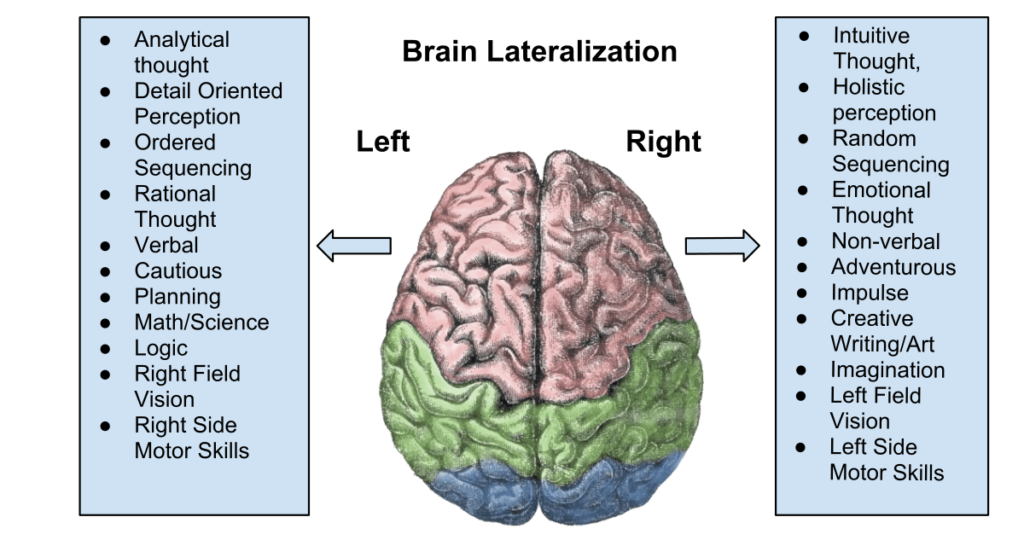
For example :
Music and maths both are different subjects . Music and arts is related to Right brain and Maths to Left Brain .
Most of the scientists and artist use left and right brain equally , among prominent people were Leo-nardo Vinci , Shakespeare, Rabindranath Tagore .
All in all, what I reckon mental health desires is more spotlight, a bigger stage, more participants, enormous audience and an uncensored heart to heart show.
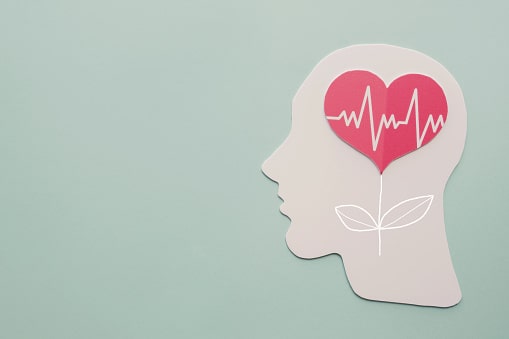

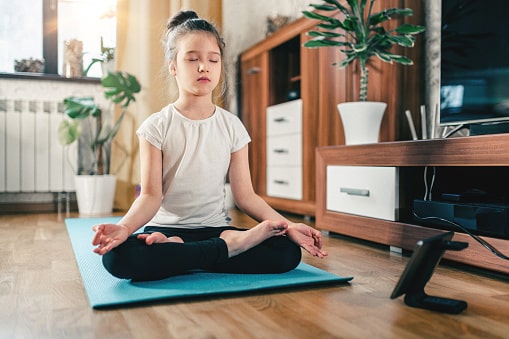
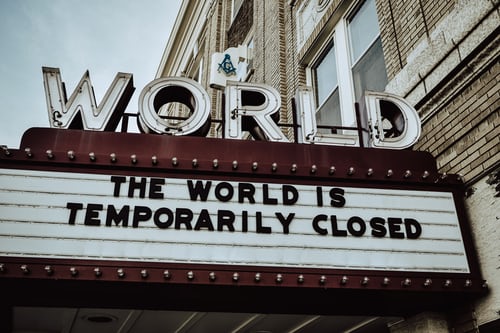
Great post